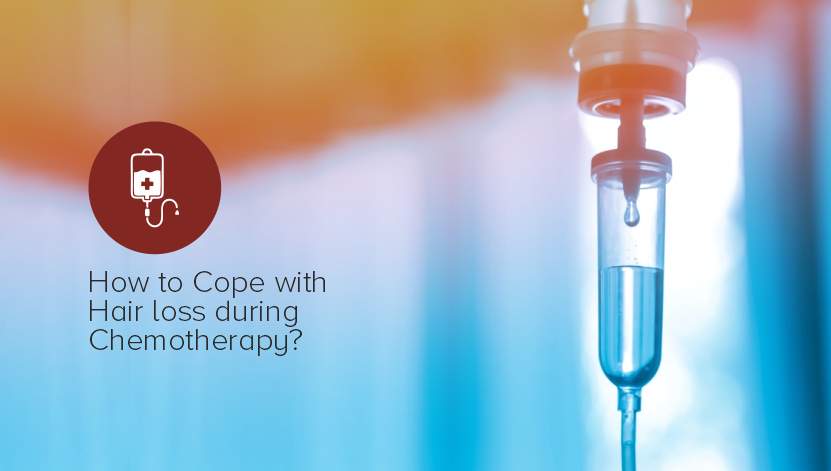Losing hair is an understandable concern for many undergoing chemotherapy. It's a visible side effect of cancer treatment that can affect one's self-image, confidence, and sense of normalcy.
While each patient's response to chemotherapy is unique, many find that preparation and a positive approach can alleviate some of the impact hair loss has on their life. So, let's explore some strategies for dealing with hair loss and embracing the changes that accompany treatment.
